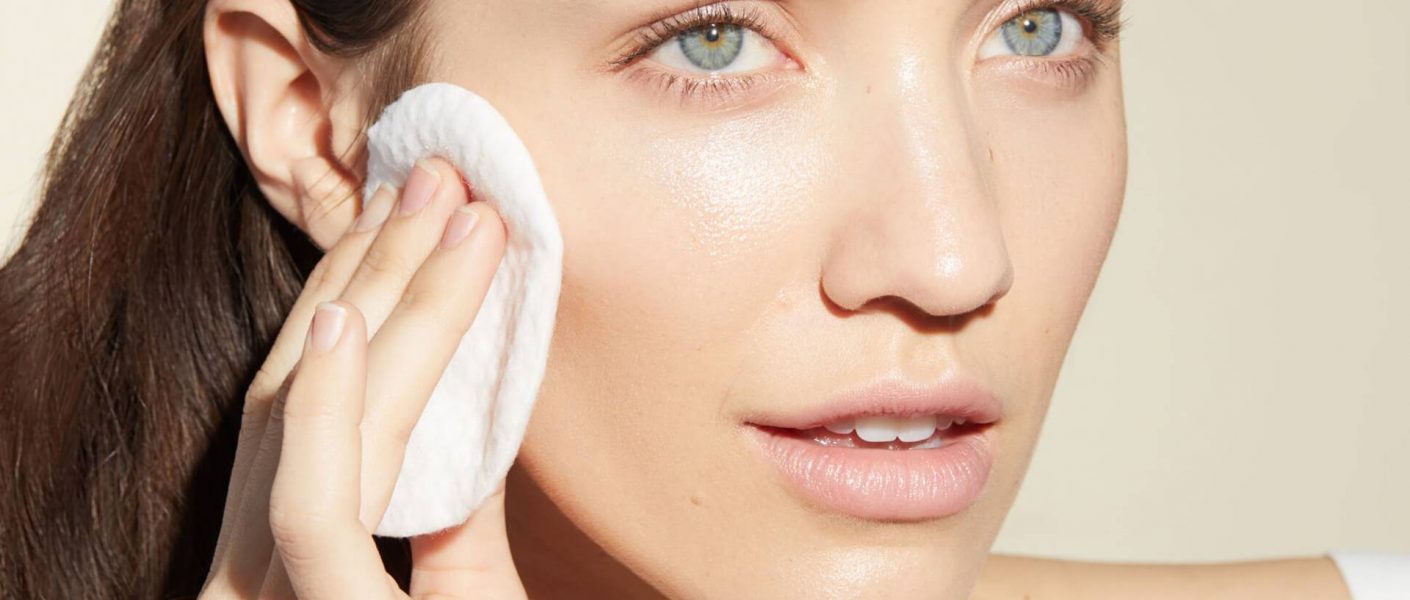The two active ingredients are so different that we could write a separate article about them. Therefore at this point, here is a summary.
Retinol is a form of vitamin A with antioxidant properties. It affects the speed at which your skin forms new cells and ensures that old skin cells are removed—the result: is a peeling-like effect that makes your skin look young, even and smooth.
Hyaluron is a naturally occurring polysaccharide in the body with hydrating and moisture-binding properties, which in serums and creams immediately provides refreshed, plumped-up skin.
Retinol or hyaluronic serum: when you should use what!
Now that we know the most important differences and benefits of the two care miracles, we come to the question of all questions – is retinol or hyaluronic serum right for me?
Retinol is your beauty hero if:
You want a long-term rejuvenation effect. Retinol is an exceptionally bright shining star in the skincare universe because it stimulates collagen formation and ensures a continuous supply of new skin cells.
Pigment spots or discolouration bother you: Here, too, retinol attacks from two sides. On the one hand, it inhibits the formation of melanin and thus prevents the development of new discolouration. On the other hand, existing bumps are ‘erased away’ in the long term due to accelerated cell regeneration.
You are prone to blemished skin and acne: Retinol is not only a powerful slow-ageing weapon but also an effective ingredient against blemishes. It reduces the visibility of acne scars, prevents clogging of the pores and has a regulating effect on the skin’s sebum production.
You don’t have sensitive skin: Many retinol products can cause irritation and irritation when first used.
Your complexion looks wrinkled, dehydrated, dry and sallow: hyaluronic acid binds moisture in the skin and, in this way, ensures plump skin, padded wrinkles and a fresh appearance.
You are looking for an active ingredient that gives you an instant glow: If you apply Hyaluronic Serum correctly (see next point), you will provide your skin with a moisture boost that will make your complexion visibly radiate immediately.
You know how to use it properly. So that hyaluronic acid can optimally develop its properties as a magical moisture magnet, you should apply it to clean, slightly damp skin and pat it in gently.
Retinol or hyaluronic acid for a rejuvenated, radiant complexion? The judgement!
Retinol or hyaluronic acid: If we had to pick a winner, it would be retinol. Because your skin benefits from this ingredient in several ways: Retinol is a powerful antioxidant with a cell-protecting effect, accelerates skin regeneration, boosts collagen production and ensures clean, even skin because it influences melanin formation and sebum glands.
As we have seen, hyaluron has unbeatable benefits as an instant wrinkle filler. And it has other strengths than retinol: its moisturising, and moisture-binding abilities make hyaluronic acid a hydrating miracle. Retinol can’t do that.
The good news is: Both ingredients complement each other in their effects. Plus: There is much to be said for combining hyaluronic and retinol in your skincare. You can read what is essential in our article on the subject.
Conclusion
whether retinol or hyaluronic acid – it all depends on your skin’s needs!
Can you choose a winner between two beauty superheroes, each with its strengths? In our comparison, retinol was slightly ahead. But: As we have seen, the effect of hyaluronic and retinol against wrinkles is very different.
The former plumps up from within by deeply hydrating the skin, and the latter ensures a rejuvenated complexion by directly influencing cell renewal and collagen formation. So why not use the benefits and anti-aging power of both?


